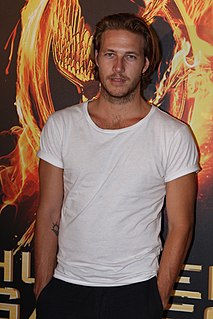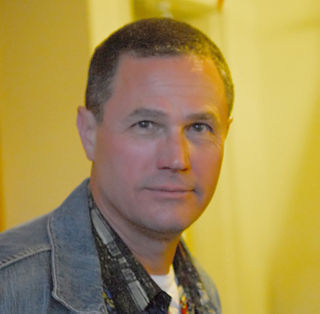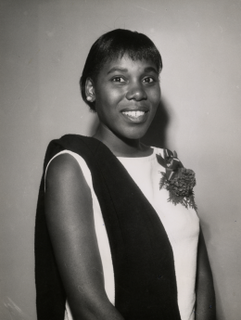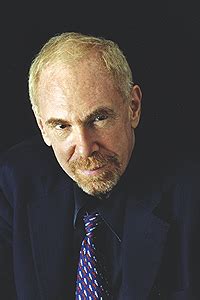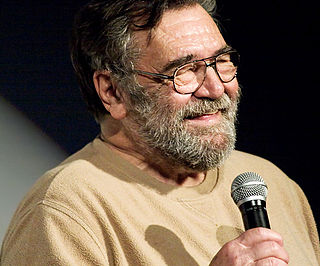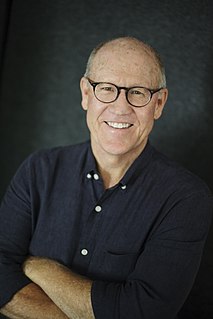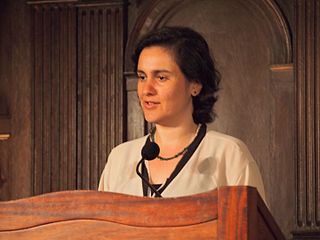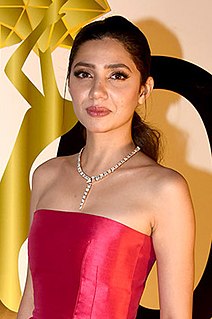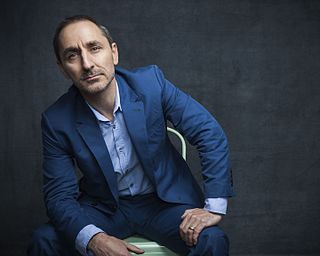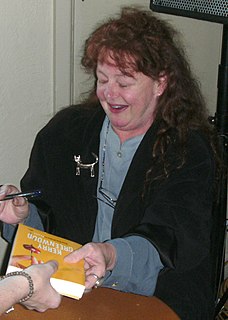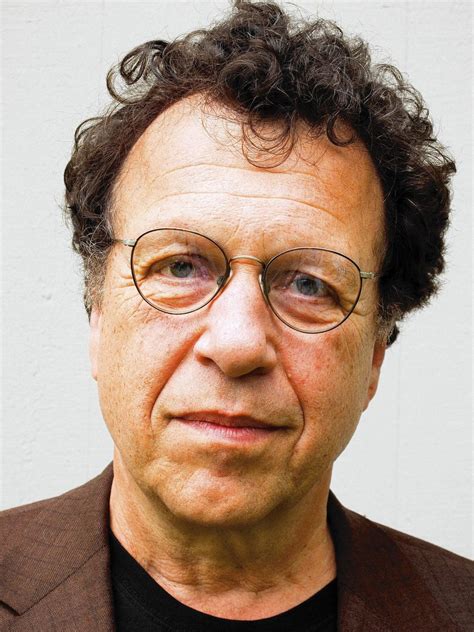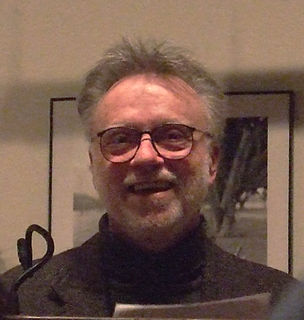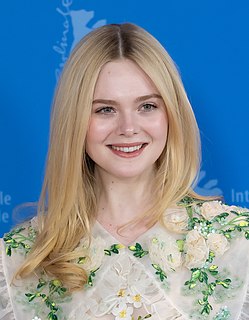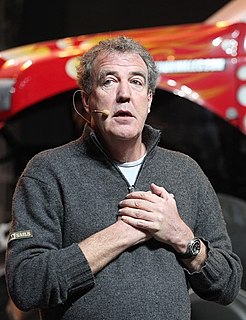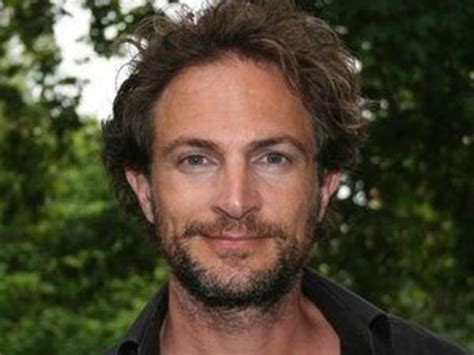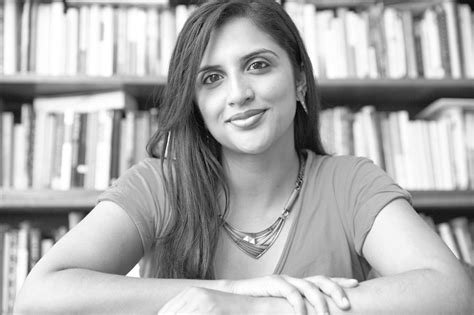Top 1200 Scary Stories Quotes & Sayings - Page 15
Explore popular Scary Stories quotes.
Last updated on November 24, 2024.
Digression is my passion. I love telling the main stories, but in some ways, what I love most is using those narratives as a way of stringing together the interesting stories that people have kind of forgotten, and that are kind of surprising. The problem is, how do you pare stories away so that the book doesn't become a distracting jumble of material, and readers lose focus? In my experience, there's really only one way to do that. I pack it all in with the rough draft, then count on myself and my trusted readers to tell me what's good and what's not good.
The Voice did not consider itself a conventional magazine. It took me awhile to realize that it was named The Voice for a reason. They wanted voices. At the time, good magazine stories were still believed to be written in the third person based on the false belief they were more objective. Of course some conventional stories require third person, but in the really interesting stories - the ones I got do to at The Voice and Esquire - were about subjectivity, subjectivities.
Long before I became a feminist in any explicit way, I had turned from writing love stories about women in which women were losers, and adventure stories about men in which the men were winners, to writing adventure stories about a woman in which the woman won. It was one of the hardest things I ever did in my life.
I continued for too long to do things that I already knew how to do, or to write stories that I was assigned instead of fighting for stories that I couldn't get, or doing ones that I thought were important on my own. The wasting of time is the thing I worry about the most. Because time is all there is.



